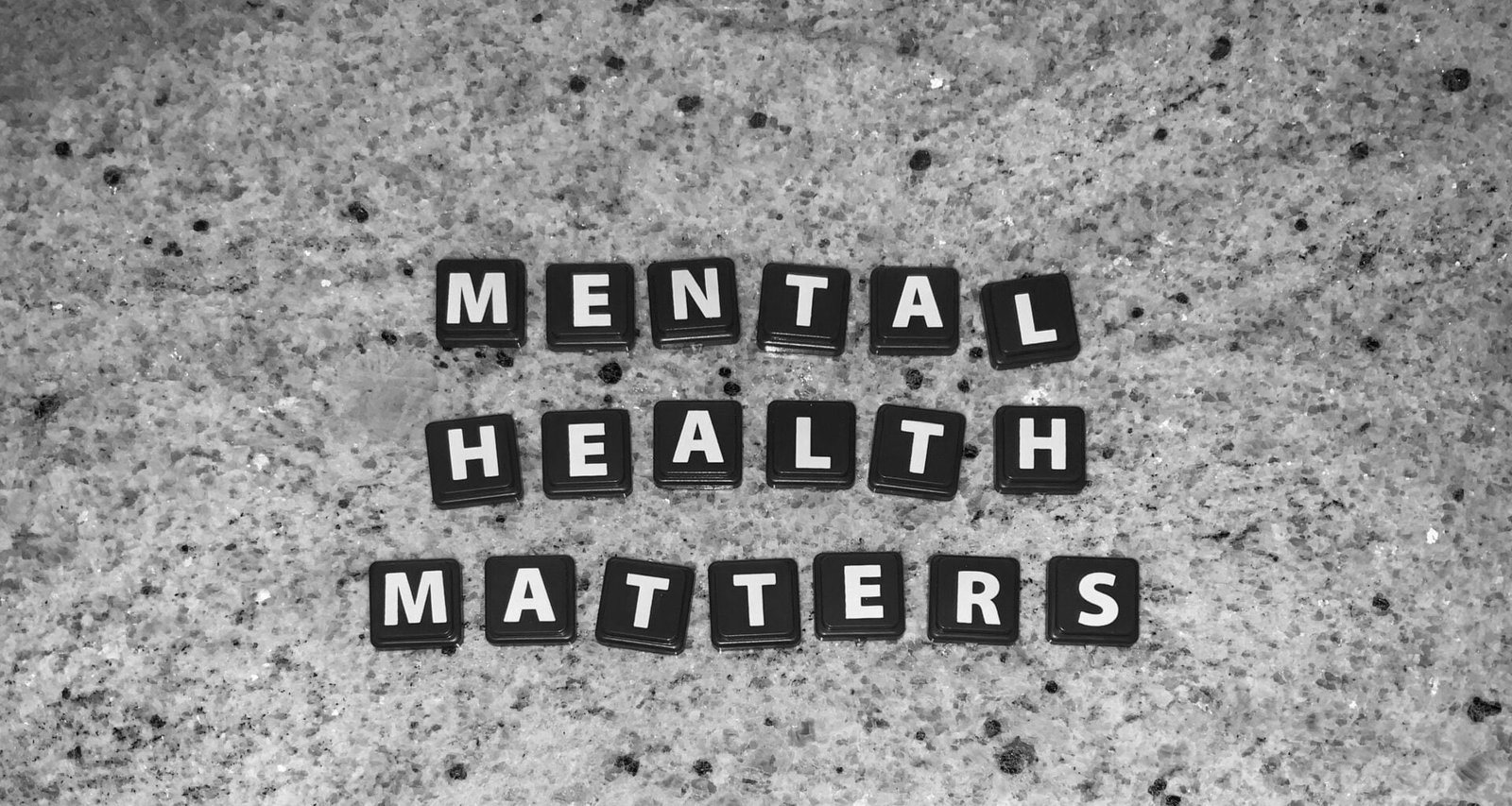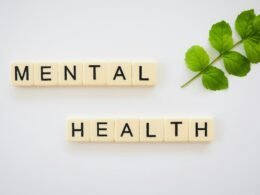“Not life, but a good life, is to be chiefly valued” – Socrates
What is a Good Life?
The virtues constituting a good life have been debated among philosophers for millennia. Socrates proposed that a good life must be cultivated and chiefly valued above all else. Aristotle conceived it as eudaimonia, the highest human good, the only good desirable for its own sake (as an end in itself) rather than for the sake of something else (as a means toward some other end). Aristotle’s concept of eudaimonia, a Greek word for well-being, is also interpreted to mean living well, happiness, and flourishing. No matter your dream’s size, living a good life without a flourishing and happy life is impossible. A flourishing life, as the case may be, may only be attainable if you have sound mental health. This will lead me to ask the crucial question of what mental health or mental wellness is.
What is Mental Wellness?
Some time ago, I had a regular chat with a registered psychiatric nurse and a family friend currently practicing in the U.K. to find out his thoughts on the definition of Mental wellness. He told me, “Mental wellness is a positive state of mental health. It is more than the absence of mental illness.” Once that definition hit me, I suddenly understood that to lead a good life, you must be mentally sound and be at your optimum best functionally to work effectively and efficiently in your career workspace.
Robust mental health should not be underestimated if you desire a good life. As Aristotle postulated, you will experience a stress-free life if you attain the eudaimonia state. You will be a happy man or woman living the best life ever!
Like every other life endeavor, it is essential to state that sustaining mental health requires time and effort. The more you invest in your mental health, the stronger it will become. Here are some of the quick things you can do to enhance your mental well-being:
- Learn to be at peace with yourself.
- Pay attention to your own needs and feelings.
- Work towards your objectives.
- Maintain a healthy lifestyle.
- Build strong relationships with God, family, and friends.
- Create a financial budget
- Volunteer for a cause
The Data on Mental Health Crisis Points Us towards Another Potential Pandemic
Mental health breakdown is a big deal! The number of people suffering from depression around the world is alarming! In Africa, it is estimated that between 100 million – 116 million people are suffering from clinical depression and other psychotic illnesses, according to the World Health Organization. This is about 10 percent of the entire African population. The situation is even more terrifying in Nigeria, the most populous black nation in the world. It is estimated that about 1 in every 4 Nigerians is suffering from chronic depression or any other psychotic illness, which means about 50 million of the entire 200 million population is depressed.
The numbers in the US, where I currently reside, are not very palatable either. The National Alliance on Mental Illness (NAMI) recorded that 1 in 5 US adults experiences mental illness each year. 1 in 20 US adults experience serious mental illness each year. 1 in 6 US youth aged 6-17 experience a mental health disorder each year. Fifty percent of all lifetime mental illness begins by age 14, and 75 percent by age 24. Suicide is the second leading cause of death among people aged 10-14. Some observers have called the situation a silent epidemic. This will undoubtedly become another global pandemic if proactive actions are not taken!
Managing Stress, Depression, and Anxiety from Burnout in Unsafe Workplaces
Let’s talk about Burnout, one of the most dreaded and perhaps one of the leading causes of mental health breakdown. According to an article in Harvard Business Review titled: Burnout Is About Your Workplace, Not Your People by Jennifer Moss. Moss remarked that the responsibility for managing Burnout had shifted away from the workforce members to the corporate entity.
Here is the excerpt of her basic argument on Burnout.
The term “burnout” originated in the 1970s, and for the past 50 years, the medical community has argued about how to define it. In May, the WHO included Burnout in its International Classification of Diseases (ICD-11), and immediately, the public assumed that Burnout would now be considered a medical condition. The WHO then put out an urgent clarification in, stating, “Burnout is included in the 11th Revision of the International Classification of Diseases (ICD-11) as an occupational phenomenon, not a medical condition.
Moss argued that, without a doubt, this has some obvious emotional and financial implications, which are well spelled out from the outcome of certain Stanford researchers who looked into how workplace stress affects health costs and mortality in the United States. Their research findings found that it led to spending nearly $190 billion – roughly 8 percent of national healthcare outlays – and almost 120,000 deaths yearly. Worldwide, 615 million people suffer from depression and anxiety, and according to a recent WHO study, it costs $1 trillion in lost productivity each year. Vocational-driven health personnel, such as physicians and nurses, are some of the most vulnerable to Burnout. The repercussion can mean life or death; suicide rates among caregivers are significantly higher than those of the general public – 40 percent higher for men and 130 percent higher for women.
Moss argued that if those statistics aren’t terrifying enough, she said we should consider that organizations without structures to support the well-being of their workforce have higher turnover, lower productivity, and higher healthcare costs, according to the American Psychological Association (APA).
Moss asserted that workplace-related stress is estimated to cost the U.S. economy more than $500 billion, and each year, very sadly, $550 million in workdays are lost due to stress on the job. Another study by APA claims that burned-out employees are 2.6 times as likely to be actively seeking other employment, 63 percent more likely to take a sick day, and 23 percent more likely to visit the emergency room.
Moss lamented that this is painfully ridiculous and can be a colossal task for the management team, perhaps because the idea seems too vague or mind-boggling. She remarked, “When experts still struggle to define burnout, how can we ask our managers to actually prevent it?”
In conclusion, a good life is desirable and can be attained. Still, a proactive mastermind of stress management must be cultivated and practiced daily, as highlighted in this article, for you to triumph during difficult times.
At the School of Transformational Leadership, we are here to serve you and help you build strong mental wellness because we believe that every social transformation begins with the sound mental health of everyone involved in it. Our organization prides itself on community and neighborhood transformation, and we think that you don’t have to experience total burnout to bring a change to your neighborhood. To prevent that, we are here to help you stay on top of your game by participating in our Executive Wellness Leadership program or our On-site Wellness Leadership Day Program, which is a coaching program designed to help those struggling with depression, hopelessness, and meaninglessness of life in a unique transformative environment through faith-based approach intended to address the whole person – emotionally, physically, and spiritually. Contact us, and an enrollment team member will walk you through the specific program that will suit your needs.
If you are passionate about writing and understand the power to shape culture through writing, please get in touch with us immediately, and our representatives will walk you through how you can join our team of writers at the Africana Leadership Digest.
Editor’s Note: This article was first written by me and published in LORI Magazine and is now displayed in the Africana Leadership Digest with some modifications.












